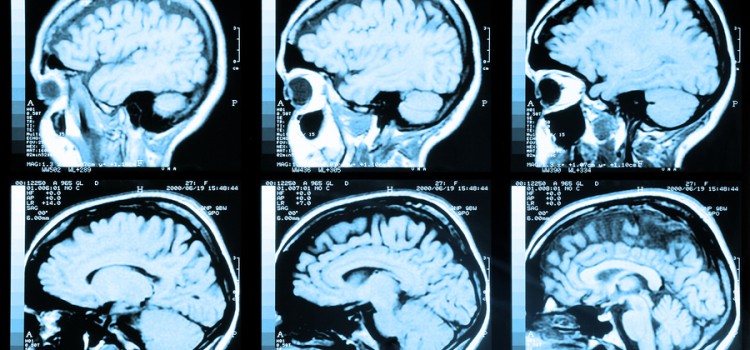
Tampa Bay Mild Brain Injuries
The term “mild brain injury” can be misleading. The term “mild” is used in reference to the severity of the initial physical trauma that caused the injury. It does not indicate the severity of the consequences of the injury.
The Centers for Disease Control [1], as part of its Report to Congress on Mild Traumatic Brain Injury in the United States, developed the following definition of mild brain injury:
A case of mild traumatic brain injury is an occurrence of injury to the head resulting from blunt trauma or acceleration or deceleration forces with one or more of the following conditions attributable to the head injury during the surveillance period:
- Any period of observed or self-reported transient confusion, disorientation, or impaired consciousness;
- Any period of observed or self-reported dysfunction of memory (amnesia) around the time of injury;
- Observed signs of other neurological or neuropsychological dysfunction:
- – Seizures acutely following head injury;
- – Among infants and very young children: irritability, lethargy, or vomiting following head injury;
-
- – Symptoms among older children and adults such as headache, dizziness, irritability, fatigue, or poor concentration, when identified soon after injury, can be used to support the diagnosis of mild TBI, but cannot be used to make the diagnosis in the absence of loss of consciousness or altered consciousness. Further research may provide additional guidance in this area.
- Any period of observed or self-reported loss of consciousness lasting 30 minutes or less.
The definition focuses on the actual injury or symptoms, not the possible consequences. For many people, there are challenges in getting an accurate diagnosis and treatment, especially when there is no documented or observed loss of consciousness. There does not need to be a loss of consciousness for a brain injury to occur.
Diagnosis of Mild Brain Injury
The Brain Injury Association [2] of America provides that due to the diffuse and subtle nature of mild brain injury, it is common for typical neuroimaging (CT scan or MRI’s) to show no evidence of injury. The limitation of these brain imaging technologies is they often cannot detect mild brain injury. Mild brain injury can often damage the “white matter” of the brain. “White matter” consists of the axons of neurons (connections) in the brain. This is much harder to capture or visualize using common types of brain imaging.
There are newer, more sophisticated imaging technologies that show promise in more effectively capturing the damage that occurs in a mild brain injury. However, these imaging technologies are currently much more expensive and are not as readily available. Some of the newer imaging techniques include:
- Positron Emission Tomography (PET)
- Single Photon Emission Computerized Tomography (SPECT)
- Functional Magnetic Resonance Imaging (fMRI)
- Diffuse Tensor Imaging (DTI)
Neuropsychological assessment is typically used to assess the functional impact of a mild brain injury. This assessment is normally done when some type of brain dysfunction is suspected. A mild brain injury is often initially diagnosed by evaluation of the symptoms a person reports after sustaining the injury. The assessment is comprised of a wide range of tests that objectively measure specific brain functions. Testing includes a variety of different methods for evaluating areas like attention span, orientation, memory, concentration, language (receptive and expressive), new learning, mathematical reasoning, spatial perception, abstract and organizational thinking, problem-solving, social judgment, motor abilities, sensory awareness and emotional characteristics and general psychological adjustment. The neuropsychological evaluation can be used as a starting point for a plan of rehabilitation. It can assist brain injury professionals in identifying specific cognitive areas that have been damaged, as well as those areas still intact.
Because the term “mild brain injury” relates to the severity of the initial physical trauma that causes injury, and does not accurately describe the extent of the injuries caused, an individual may be the victim of what appear to be a “mild” accident but still sustain permanent and disabling injuries. If you or a loved one suffered a mild brain injury, it is important to speak to an experienced Tampa Bay mild brain injury attorney. At the Dolman Law Group in Clearwater, Florida, our team of highly skilled brain injury lawyers have helped many victims obtain the recovery they deserve for their injuries and related losses. Please call our office at 727-451-6900 today.
Dolman Law Group
800 North Belcher Road
Clearwater, FL 3375
(727) 451-6900
https://www.dolmanlaw.com/legal-services/brain-injury-attorneys/
References:
[1] http://www.cdc.gov/concussion/HeadsUp/clinicians_guide.html
[2[ http://www.biausa.org/FAQRetrieve.aspx?ID=43913





